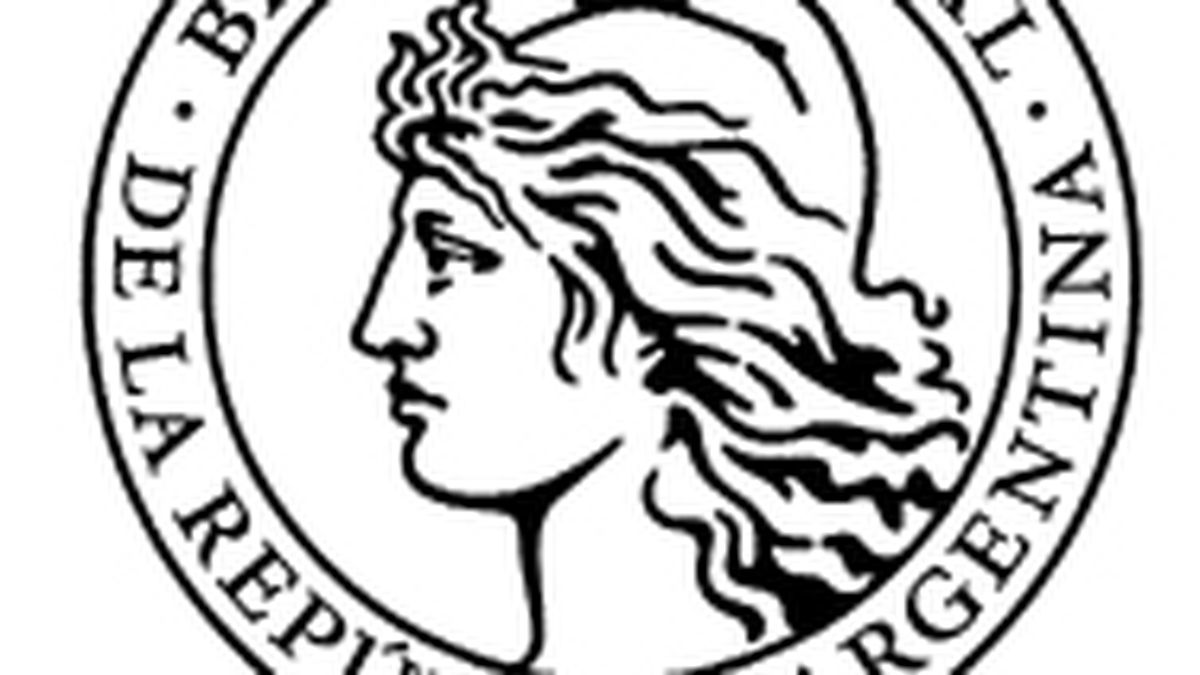As it had been announced would happen, the Government canceled $500,000 million of transitory advances to the Central Bank (BCRA) with funds from the last Treasury debt tender and, in this way, Economy returned close to 30% of the resources that it received. had given the monetary authority to cover expenses. This, taking into account that so far this year, the BCRA sent the Treasury almost $1.8 trillion in Temporary Advances.
The operation was carried out on Wednesday of last week, when the IMF approved the disbursement of US$7.5 billion, and it was reflected in the last hours in official data. This is a step anticipated by the Minister of Economy, Sergio Massa, about six days ago. As explained by the official, this decision is made “in order to show that the level of order in public accounts will continue to be respected.”
The measure is in line with what was agreed with the International Monetary Fund (IMF) during Massa’s trip to Washington last week. In fact, when arguing the decision, he said that the measure was taken “so that we have the peace of mind that the State is not financed in excess of its expenses with monetary issuance, but from genuine financing.”
“This responds to the commitment that Massa assumed that he was going to fulfill a few days ago and took advantage of the fact that he had a very good debt tender to fulfill his promise. He paid AT with those pesos and this was one of the measures that the IMF had asked him to make the disbursement ”, evaluated Sebastián Menescaldi, EcoGo economist, in dialogue with Ámbito.
The Ministry of Economy awarded, in its last tender for debt securities in pesos, which took place on August 18, $822,272 million, which is equivalent to more than seven times the maturities it had for that week, for which it obtained the rate highest roll over of the year and extended terms to 2024 and 2025. And he highlighted in a statement that “the private sector provided almost all of the financing obtained.” Taking advantage of these good results, it has now taken this step of transferring funds to the BCRA, in line with what the IMF requested.
Let’s remember that the international credit organization recently transferred US$7.5 billion to Argentina, but to do so, it imposed some conditions, such as devaluing the peso and putting more effort into accumulating reserves and reducing the deficit.
“They had agreed with the IMF,” confirmed Camilo Tiscornia, director of CyT Asesores Económicos. Thus, it is clear that this is a step that goes in the direction of showing compliance to the Fund. However, he observes that “it is a deceptive process because the BCRA buys titles, gives liquidity to institutional investors and they buy more Treasury bills, and with that cancels advances to the Central.”
Oxygen
But, on the other hand, Menescaldi anticipated that the good thing is that, if you have a need for pesos in the future, this step gives you some air to finance yourself again. However, he considered that it is not data that will solve the underlying problems of the economy.
“$500,000 million were paid with the financing obtained in the last debt tender and it is good data, but this implies that the Government is expanding its payment obligations with public and private sectors. I think the problem is that we have to reduce current spending,” said economist Federico Glustein.
Glustein warned in this regard that there is no spending control so far, which can translate, according to his vision, into a spiraling of inflation if it is not corrected, because he warned that the fiscal deficit continues to be high.
Source: Ambito




